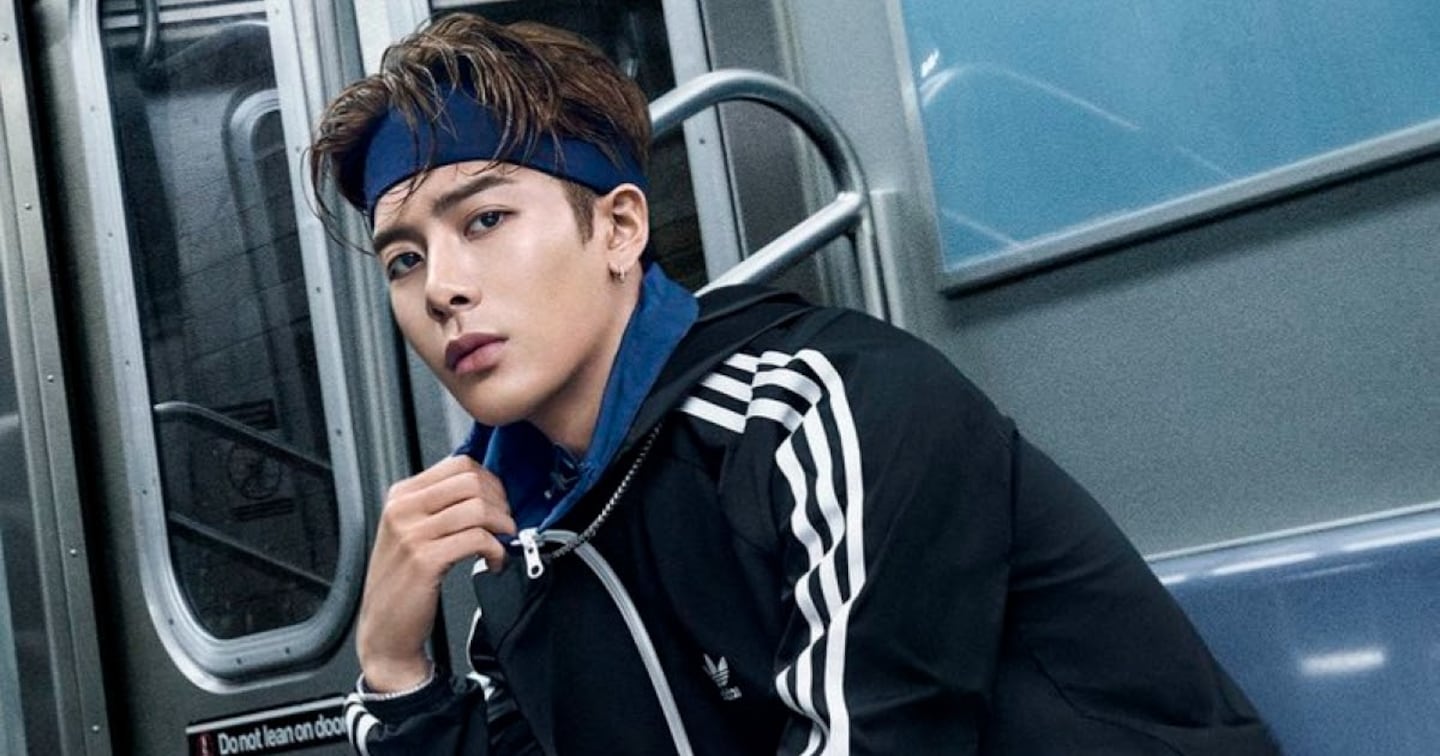
The Business of Fashion
Agenda-setting intelligence, analysis and advice for the global fashion community.

Agenda-setting intelligence, analysis and advice for the global fashion community.

Tommy Hilfiger, Puma and Lacoste joined other global brands, including H&M, Nike, Adidas, Burberry, New Balance, Calvin Klein, Converse and Uniqlo in having Chinese celebrity ambassadors publicly quit in recent days, following a public outcry in China about the brands’ stand against the use of Xinjiang cotton.
A total of 50 celebrities have now posted notices on their official Weibo accounts, announcing they would no longer work with brands they had previously represented. Adidas alone has lost 20 ambassadors, including superstars Jackson Wang, Jackson Yee, Dilraba Dilmurat and Yang Mi, as well as Eason Chan, who had been spokesman for the sportswear brand for more than a decade.
Celebrities in China are under intense scrutiny. Celebrity and idol culture in the country is built on a foundation of online followings that are vocal and active, not only supporting their favoured stars, but also working to tear down other celebs that are seen as rivals. A lot is at stake for celebrities when they are affiliated with brands, and their own brand can be boosted by making what is seen as a principled stand.
It is of course far too early to tell what impact this week’s backlash will have on most brands and it’s quite likely that some will be more adversely impacted than others. Thus far, H&M has seen the most dramatic negative impact, because it alone has been removed from China’s largest e-commerce platforms, as well as having its WeChat official account inaccessible as of today. It’s still unclear how long this apparent ban will last, and that will be key to measuring the longe-term impact on brands’ reputations and on their bottom line.
ADVERTISEMENT
The widespread nature of the outcry might work to lessen their exposure to long-term damage. After all, it’s difficult for consumers to ‘cancel’ so many brands at once. But this doesn’t mean their reputation with consumers hasn’t been negatively affected to some degree. China’s social media platforms, including WeChat, Weibo and Douban are currently full of screenshots showing consumers apparently returning products they have purchased from brands caught up in the furore.
The fallout is prompting brands to take different approaches to try and limit the damage. Some companies, including H&M and Zara owner Inditex, appear to have removed statements relating to the use of cotton from Xinjiang from their global websites, while others have publicly vowed to continue sourcing from Xinjiang.
With consumers tightening their belts in China, the battle between global fast fashion brands and local high street giants has intensified.
Investors are bracing for a steep slowdown in luxury sales when luxury companies report their first quarter results, reflecting lacklustre Chinese demand.
The French beauty giant’s two latest deals are part of a wider M&A push by global players to capture a larger slice of the China market, targeting buzzy high-end brands that offer products with distinctive Chinese elements.
Post-Covid spend by US tourists in Europe has surged past 2019 levels. Chinese travellers, by contrast, have largely favoured domestic and regional destinations like Hong Kong, Singapore and Japan.